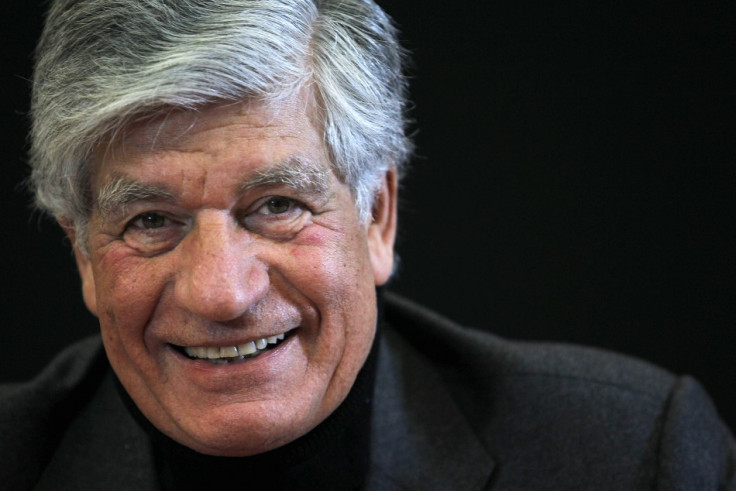Publicis CEO Maurice Levy: China on Cusp of Clearing Omnicom Mega Merger

The Publicis chief executive Maurice Levy has revealed that Chinese authorities are on the cusp of approving its mammoth merger with Omnicom which will, in turn, create the largest advertising company in the world.
Speaking at the World Economic Forum in Davos, Switzerland, Levy said approval from Chinese competition authorities has taken longer than expected but the $35bn (£21bn, €26bn) merger is set to be cleared very shortly.
"We are only waiting on China to approve the merger and it has taken longer than anticipated but after, I suppose, after Chinese New Year, it should be cleared shortly," said Levy to Bloomberg television.
"We don't anticipate any major hurdles or competition problems as our main competitor still claims to be number one."
On 9 January this year, the European Union's antitrust regulators cleared the $35bn merger between Omnicom and Publicis.
The EU signed off on the deal, without conditions, which would now push advertising giant WPP into the second place as the globe's biggest group of this kind.
"The merged entity would be sufficiently constrained by several competitors, including large international advertising groups," said the European Commission said in a statement at the time.
"Should the merged entity increase its prices or decrease the quality of its services, customers would have the ability to switch.
"Changing agencies would be facilitated by the bidding nature of the markets, the relatively short duration of contracts and the relatively limited costs incurred for switching."
In July 2013, France's Publicis and the US' Omnicom Group agreed to merge in an all-stock transaction.
Publicis brings a large portfolio of digital assets, including Digitas, LBI International and Razorfish, a client roster including Bank of America, Coca-Cola and BMW, as well as agencies in emerging markets.
According to research firm Nielsen, global advertising spend lifted 3.2% over the first three quarters of 2013. However in Europe it fell by 3.8%. Most of the growth was driven by the Asia-Pacific region, where advertising spend shot up 7% during the same period.
© Copyright IBTimes 2025. All rights reserved.






















